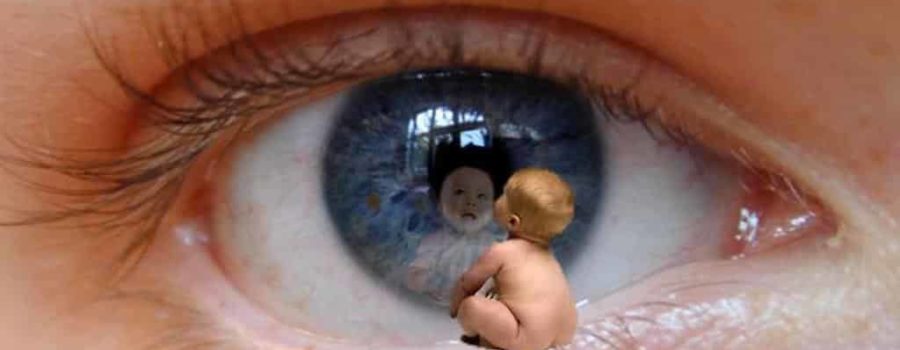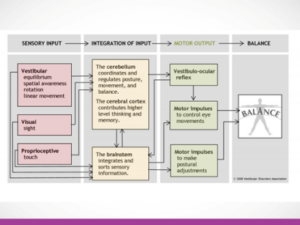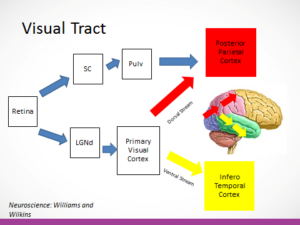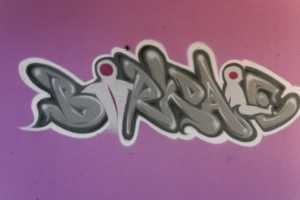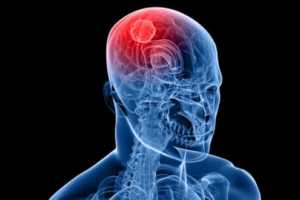THE ROLE OF VISUAL PROCESSING IN NEURO PHYSIOTHERAPY REHABILITATION
DEFINATION OF VISUAL PROCESSING
“Visual processing, or perceptual, disorder refers to a hindered ability to make sense of information taken in through the eyes. This is different from problems involving sight or sharpness of vision. Difficulties with visual processing affect how visual information is interpreted or processed by the brain. This refers to the position of objects in space. It also refers to the ability to accurately perceive objects in space with reference to other objects”.
These are the difficulties of the vision in neurological patients:
- Visual Discrimination
- Visual Closure
- Object Recognition
- Visual Agnosia
Interaction of vision with other part of the brain.
A common area of difficulty is visual motor integration. This is the ability to use visual cues (sight) to guide the person’s movements. This refers to both gross motor and fine motor tasks. Often the person with difficulty in this area has a tough time orienting themselves in space, especially in relation to other people and objects.
How are visual processing and cerebellum connected?
The diagram below shows, how important, the understanding of how brain interconnects is.
The vision is a sensory organ, the eye movements such as saccadic is controlled by lateral rectus muscle which is in turn controlled by vestibular, which controls the VOR and therefore the position of head in space and head and trunk posture.
The brain stem receives information from prioceptive, which is regulated by cerebellum. The cerebellum gives signal to control eye movements, and stimulates VOR.
This diagram is from Vestibular Disorders Association website and an article on “Good Balance is often taken for Granted”
References:
- Shumway-Cook A, Woolacott HM. Motor Control: Theory and Practical Applications. Philadelphia: Lippincott, Williams & Wilkins; 2001
- Hanes DA, McCollum G. Journal of Vestibular Research 2006;16(3):75-91
By The Vestibular Disorders Association, with contributions by Mary Ann Watson, MA, and F. Owen Black, MD, FACS
http://vestibular.org/understanding-vestibular-disorder/human-balance-system
MY EXPEREINCE
I first began to learn the role of ocular motor skill in rehabilitation back in 2000 when I had a patient with a tumour in occipital lobe. I realised that simple exercises that were given to her for the purpose of improving balance were not efficient at all. I started by examining her static and dynamic balance as well as watching her eye movements.
I realised that her balance improved instantly when she looked to the direction of her movement.
This was an exciting learn which made me want to learn more. Fifteen years later and many more patients and experiences, I decided to embark upon organising a conference that would cover this subject as a whole. The purpose of this conference is to bring everyone’s attention to the importance of cerebellum for rehabilitation of neurological clients. It is about bringing the attention of SLTs, OTs, physios and neuro psychologists to this subject and that how vital it is to work with a patient as a whole.
This diagrams shows the role of posterior parietal cortex in vision
How does this help us in rehabilitation with our clients group?
- It improves eye directed body movements.
- It improves vestibular ocular reflex
- Vertical eye movements
- Understanding how vision works plays and big role in helping the individual with perception and visual discrimination in the outside world.
How does eye processing help the MS patient group?
Gait training is helped by eye tracking and improving saccadic eye movements.
Eye tracking also helps the balance and coordination as well as helping MS patient group to negotiate the environment.
How does visual processing help the stroke patient group?
It helps with hemianopia. For example there are variety of exercises that help with hemianopia and visual neglect which will bring the attention of the patient to the affected side.
Visual processing also helps variety of other conditions such as Parkinson, TM and children with visual processing difficulties and many others.
Deidre Birtles, a leading expert in Visual Processing, will be giving a talk on the subject on 20th June at “Cerebellum. What is its role in neuro rehabilitation?” Conference held at Birkdale Neuro Rehabilitation Centre.

